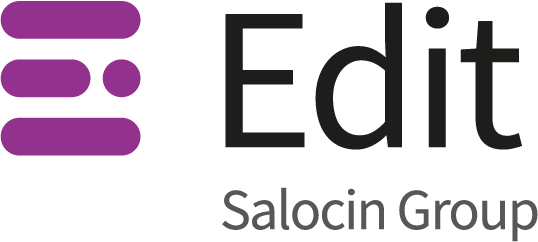Whilst everyone in the SEO community has been heavily focused on the Penguin update over the last couple of weeks with their fingers and toes crossed hoping that their client’s sites finally recover, Google also announced a refreshed report on how Google fights piracy along with an update to its DMCA algorithm (aka the ‘Pirate’ algorithm) which they’ve already begun rolling out.
The piracy market has been on the rise for many years and has been a real headache for the movie industry with many websites sharing music, video, software and video games illegally; the problem is that Google has no way of knowing if these pages have the correct rights to do this or not.
To combat this, Google introduced the Pirate algorithm back in 2012 which was an update based on sites that received valid copyright removal notices and was aimed at helping its users find content via more legitimate sources. Here’s an example of what Google has been testing to show users in the SERPs:

(Image source: Search Engine Round Table)
What is the DMCA/Pirate Algorithm?
Google has many different types of algorithms to help target different aspects of the web. This helps to ensure the results it delivers are the best results possible. ‘Pirate’ is one of these algorithms and is very similar to both the Panda (which is an algorithm that targets content) and Penguin (which is an algorithm that targets links) however, Pirate targets and demotes sites that Google recognises to be in direct violation of the Digital Millennium Copyright Act (DMCA).
You may have come across the following message when you’ve been searching via Google in the past:

Who has been affected by this algorithm update?
The Pirate algorithm demotes websites in its SERPs that receive valid copyright removal notices specifically torrent websites that illegally share material without the valid consent from the owner, here’s a list of the sites and the number of valid requests against them (N.B. this is just for the last month alone):

And as you can see from the following Search Metrics graphs, there have been some big drops recently for some of these sites showing that Google is taking steps in the right direction to help answer these copyright removal notices:



So the DMCA/Pirate algorithm update is having an effect for whenever a searcher uses movie-related terms in conjunction with ‘watch’, ‘download’, or ‘torrent’, they should start to see results similar to this:

This loss of traffic and visibility in Google’s SERPs has been confirmed by torrent websites ISO Hunt and Torrent Freak who both have publicly said their traffic dropped by half when comparing traffic day-to-day before and after the update started rolling out.


Pirate Bay on the other hand welcomes this update with open arms and although they haven’t reported any loss in traffic, they have replaced the logo on their home page with an offer for users to sign up to a free VPN as they believe that they don’t need search engine traffic and if users can’t find what they want via Google, then they will just end up visiting the website directly or via a proxy if their ISP blocks the site. However, it is evident though that their organic visibility was hit by this update:

The likelihood is that people who use these websites will still find a way to share illegal content with each other, the traffic will begin going underground and using things like the Tor Network and other private networks.
This means a whole new security issue that the search engines cannot police. What will also happen is that these websites will typically start over with a fresh domain which means that it will take time for enough DCMA notifications to build up and for Google’s Pirate algorithm to have an effect and de-rank these new websites (unless Google can detect these websites without this information).
What this does show is that Google is taking action against these types of sites and is trying to help fight online piracy, however online piracy has always been and always will be an ongoing battle which the pirates seem to be winning.

